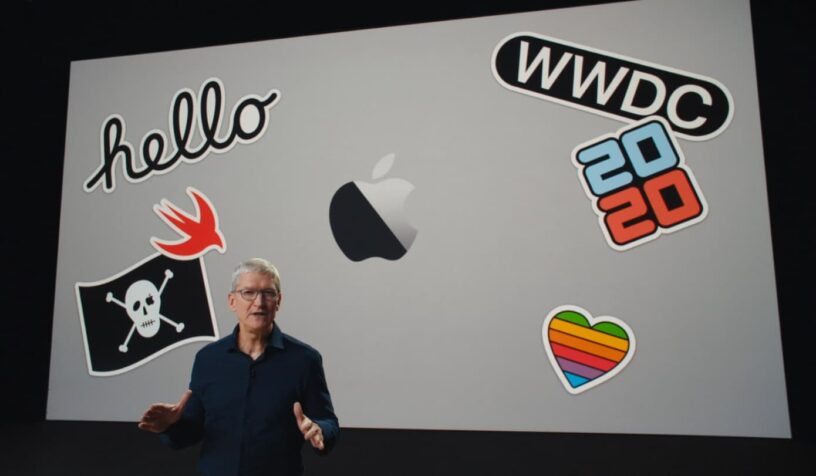Apple kick-started its first virtual Worldwide Developer Conference (WWDC 2020). On the annual keynote, the Cupertino company has announced a handful of things that span from software to hardware. If you haven’t watched the stream live, we are here with a quick rundown of everything Apple announced.
JOIN OUR TELEGRAM COMMUNITY ????
Upcoming Macs Will Run On Apple-Made Chips
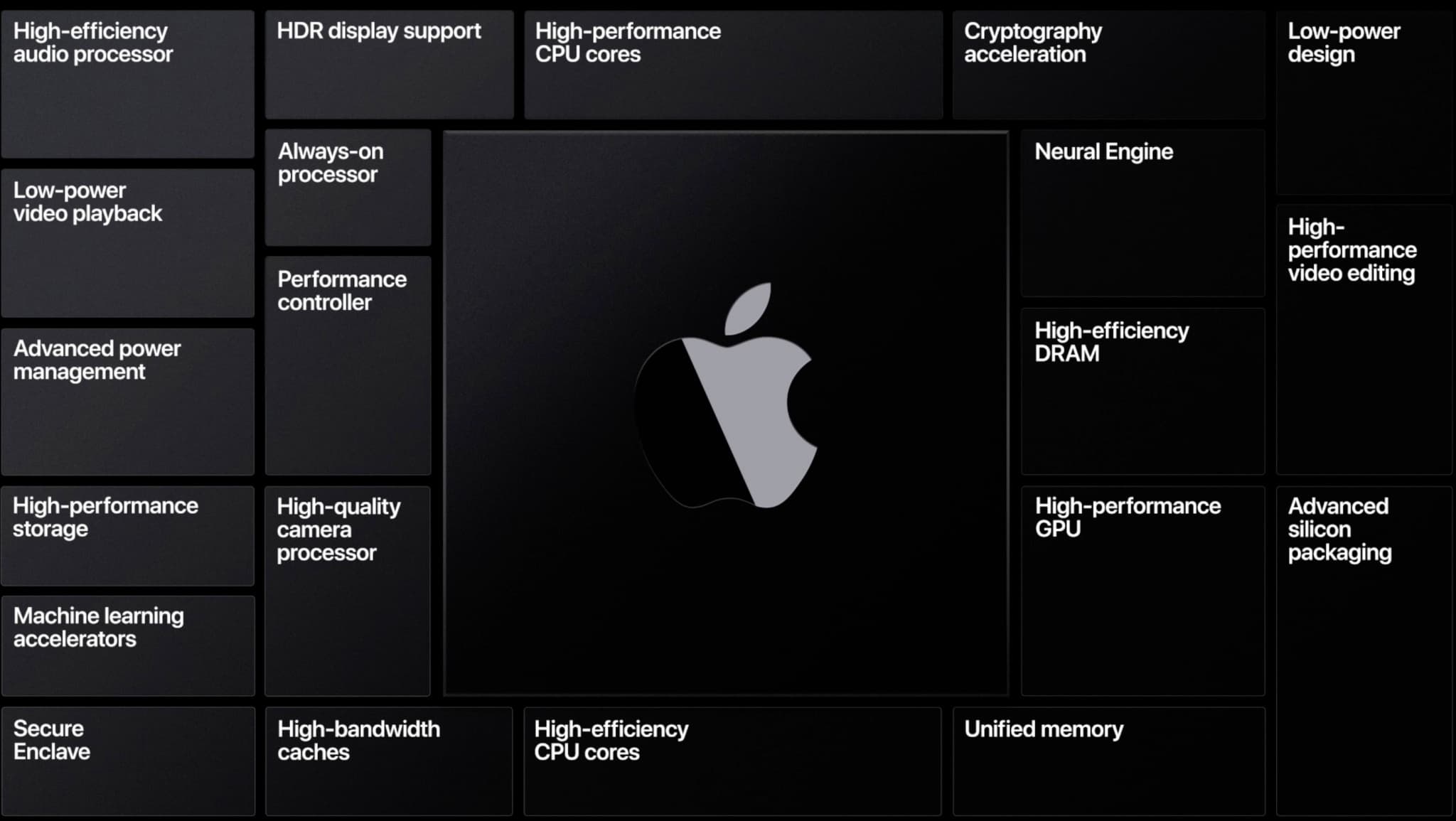
After many rumors and leaks, Apple finally confirmed that it will ditch Intel’s x86 chip architecture for its own in-house ARM-based processor in Mac computers. Moreover, this transition will allow Macs to run apps that were designed for iPhones and iPads. Apple said that it expects to ship its first ARM-powered Macs by the end of 2020.
macOS Big Sur
Apple unveiled the next iteration of its desktop operating system, dubbed as macOS Big Sur. The next iteration sports a major interface redesign, meaning, everything from the dock to Apple’s Mac apps looks a little cleaner, more interactive, and spacious.
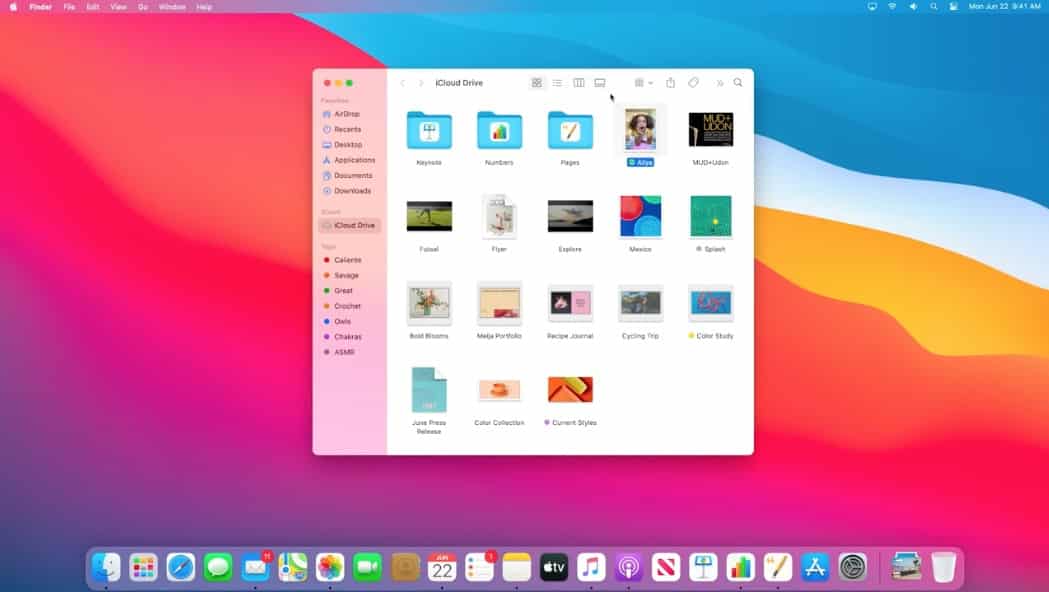
Furthermore, Apple’s also continuing its gradual process of porting some of its iOS apps to macOS, namely with the Messages and Maps app. In the latest update, you’ll get the same features like Messages on your iPhone—that includes Memoji, sticker packs, reactions, message effects, pinned conversations, a redesigned photo picker, and improved group conversations.
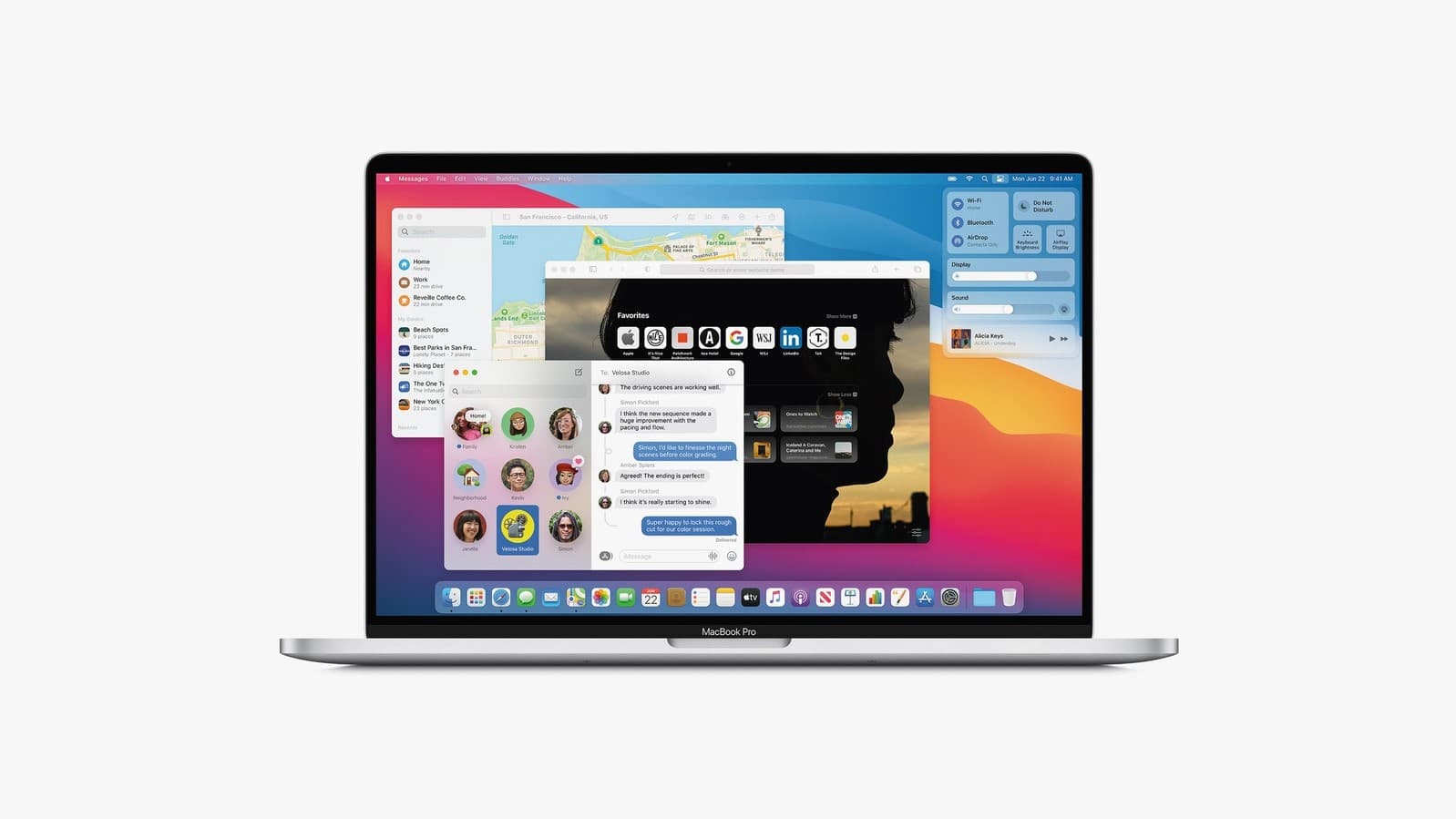
The biggest Safari news is that extensions are coming to the browser. They’re downloaded through the Mac App Store, and Apple says developers can easily port their existing extensions from other browsers.
ALSO READ: Apple iPhone SE 2020 With A13 Bionic, TouchID Announced, Starts At $399
iOS 14: More Customizable
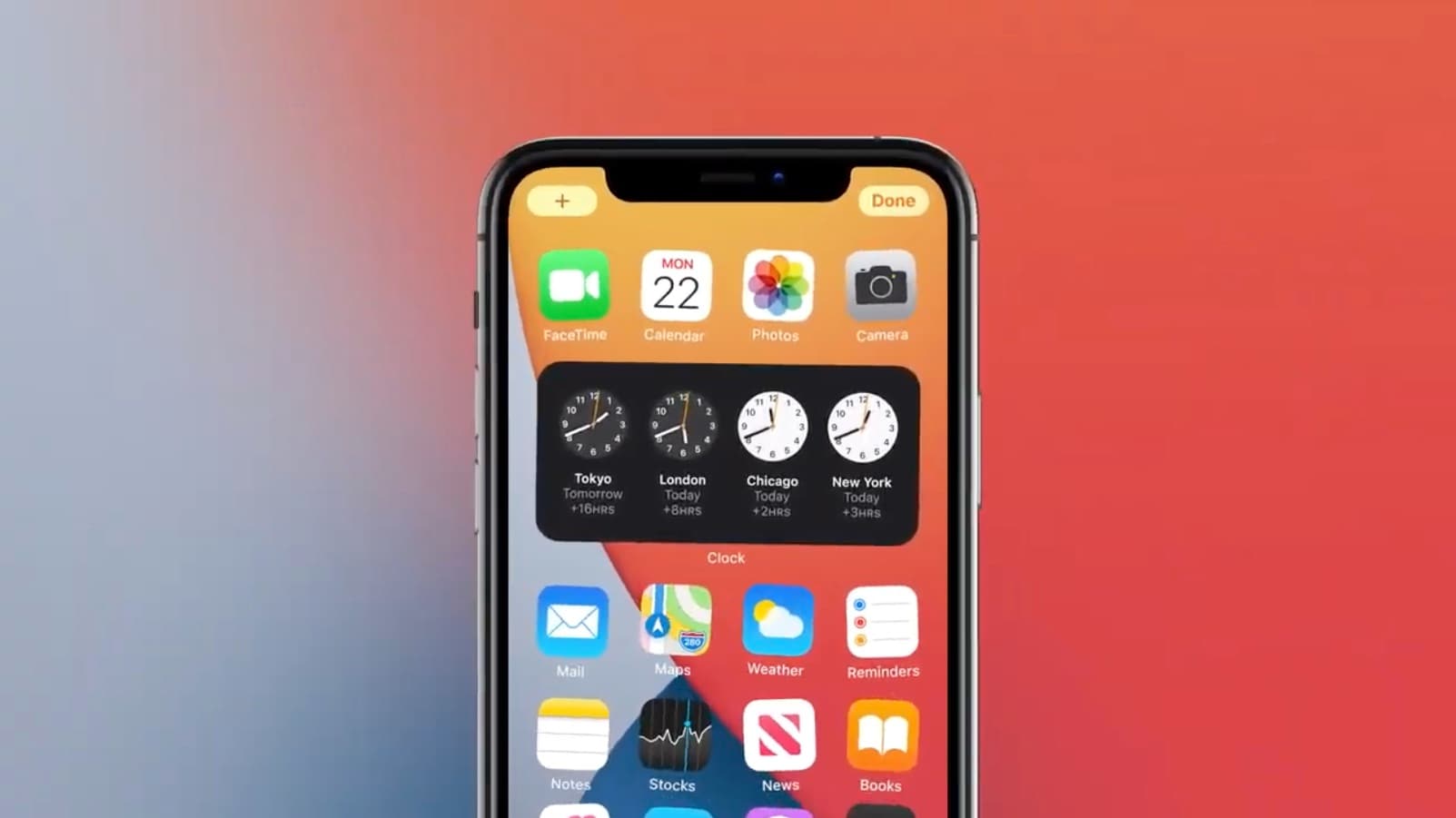
The latest version of Apple’s mobile operating system adds a new Home screen. The new App Library view includes all downloaded apps automatically organized in folders. Moreover, the latest version of iOS brings widgets, similar to what Android has offered for years, which lets users tailor how information from apps is displayed on their Home screen.
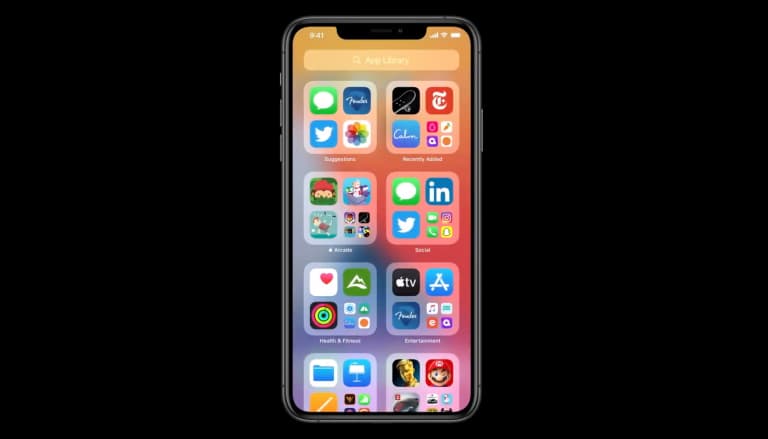
Furthermore, Siri will no longer take over your whole screen when you activate it, instead, it will appear as a small overlay near the bottom of the screen. The Picture in Picture feature lets you continue to watch videos while multitasking on your iPhone screen.
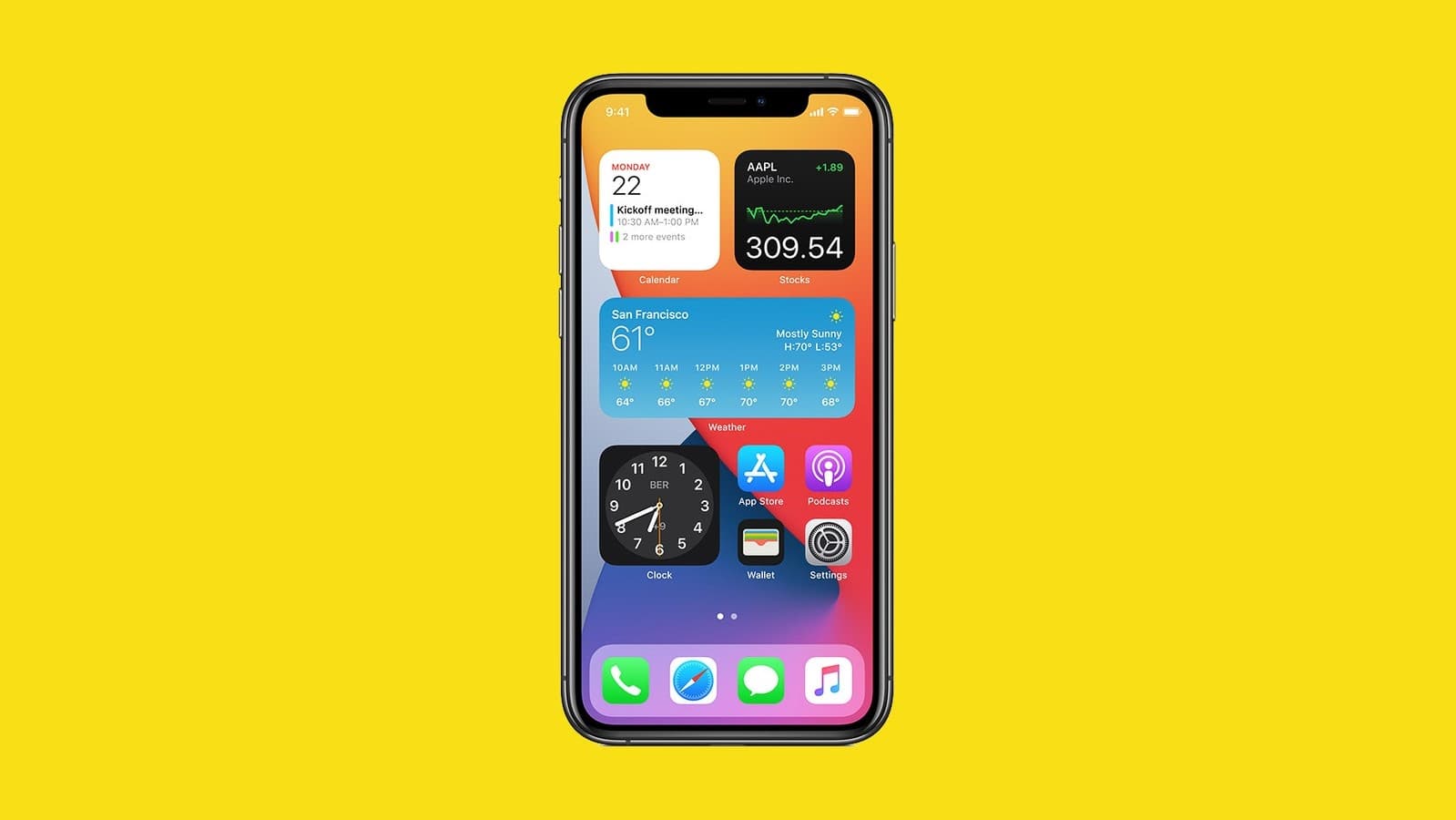
Also, a new translate feature adds in to give anyone the ability to hold real-time conversations with others who speak different languages, again pretty similar to Android’s Google Translate.
iPadOS 14: More Computer Like
One year after, Apple gave the nine-year-old iPad its own native operating system called iPadOS. Apple today announced the second major release for the tablet’s operating system. Similar to iPhones, iPadOS 14 will also support widgets, and many of the new features coming to iOS 14 will also make it to the iPad.
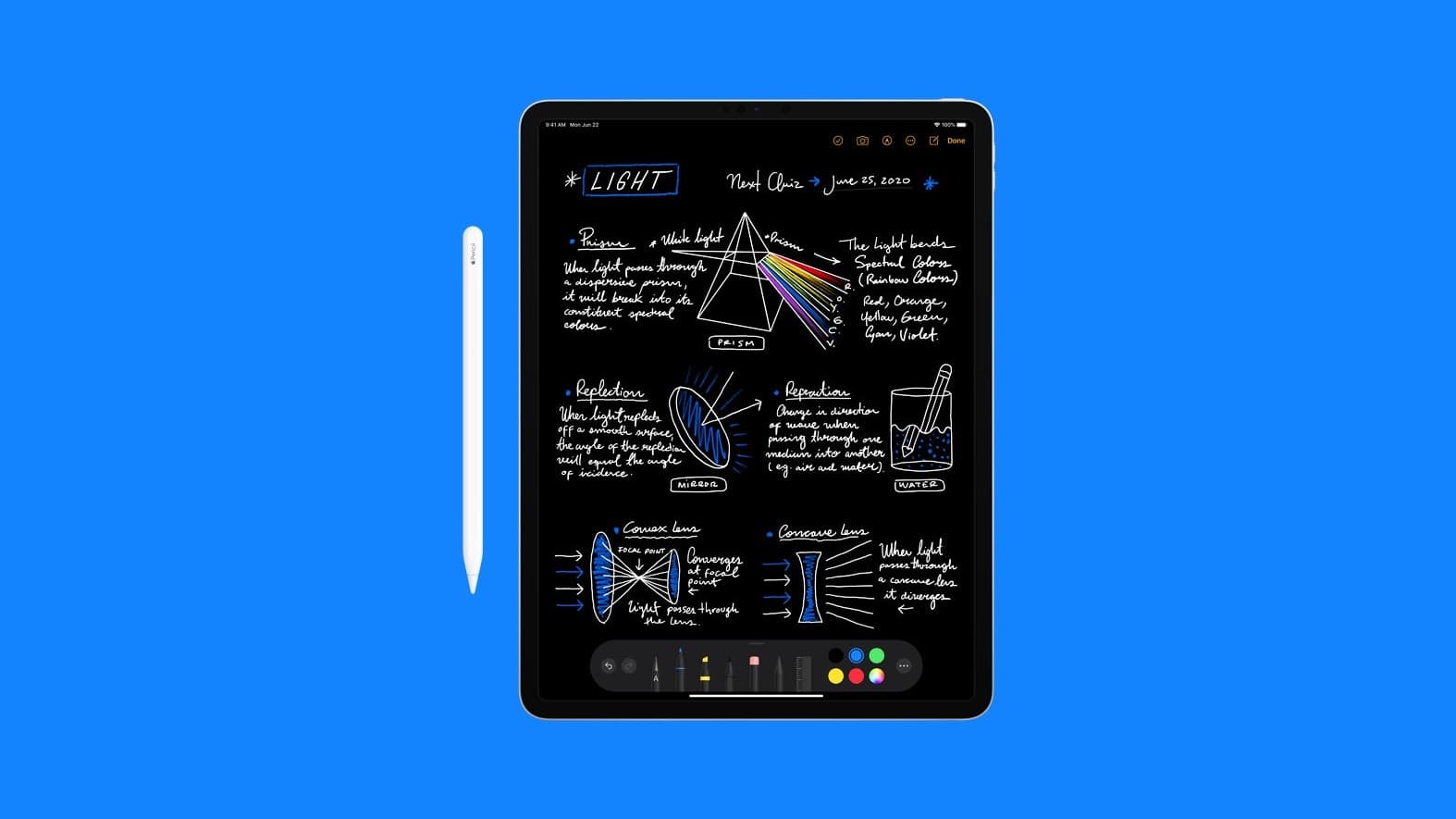
In addition to that, iPads will receive some exclusive features and tweaks, including a new sidebar that allows users to more easily navigate to different sections of an app from the side of the screen.
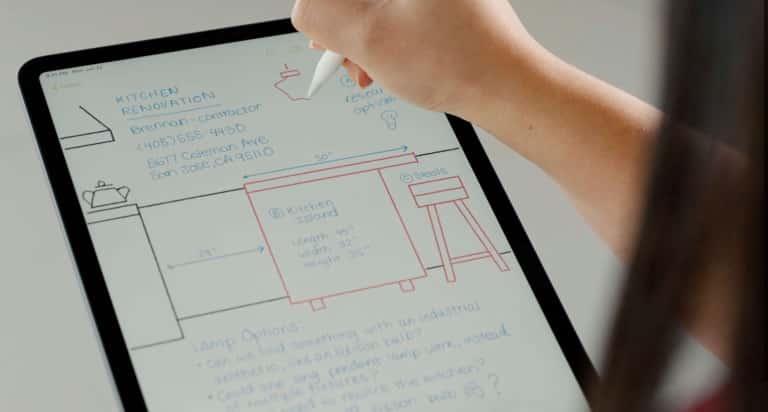
Not just that, iPad’s Pencil is also getting an update and will a new feature called Scribble, which, as far as we can tell thus far, will translate your handwriting into text, transform your crude shapes into “ideal” ones, and will let you dash off search queries in the Safari search bar rather than having to type them.
ALSO READ: Apple iPad Pro 2020 With A12Z Bionic, Wide-Angle Camera Announced, Starting At Rs 71,900
watchOS 7: Gets Better
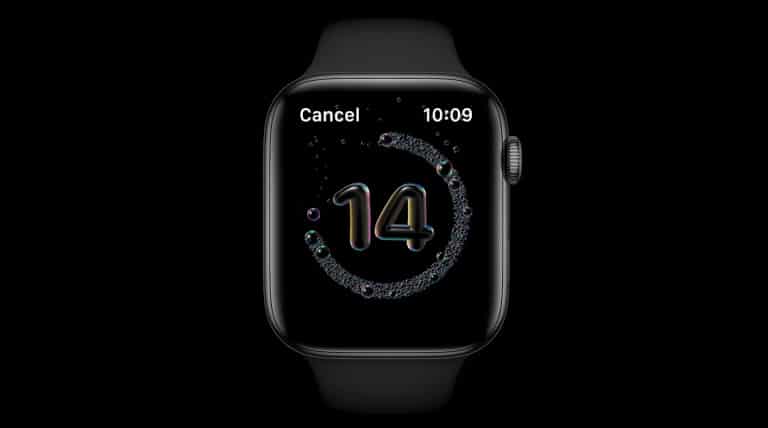
Apple also announced watchOS 7. WatchOS 7 will finally have something competitors have had for years: sleep features. The Apple Watch will soon get features including a wind-down routine to start locking down your phone before bed, sleep monitoring of “micromovements” as you breathe, a variety of wake-up alarms, and a Sleep Mode which dims the screen at night.
The Watch will also get a new battery notification when you wake up because the battery life is still terrible.
Homekit
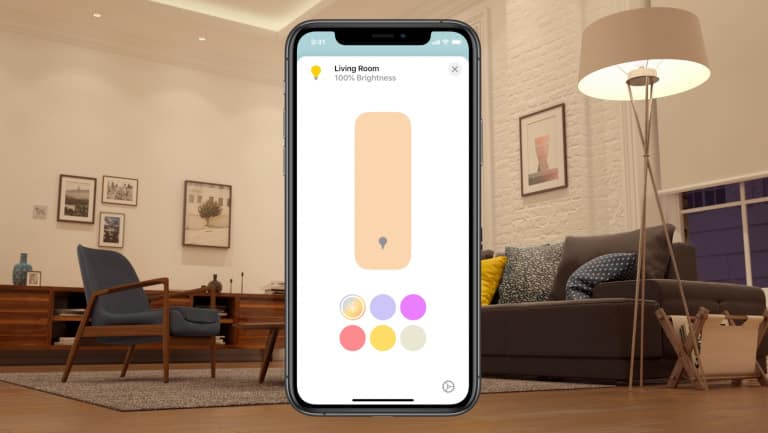
HomeKit, Apple’s software framework that allows smart home devices to be controlled by Apple devices, is also getting a number of new features. Among the fresh tidbits are new facial recognition smarts, Adaptive lighting, and Activity Zones.
ARKit

Apple also unveiled ARKit 4, the latest version of its augmented reality (AR) software development kit (SDK) for iPhones and iPads. The new features include Depth API that uses the iPad Pro’s lidar scanner to garner more accurate depth information from a scene, which may be useful for taking body measurements when trying on clothes virtually and so on.
